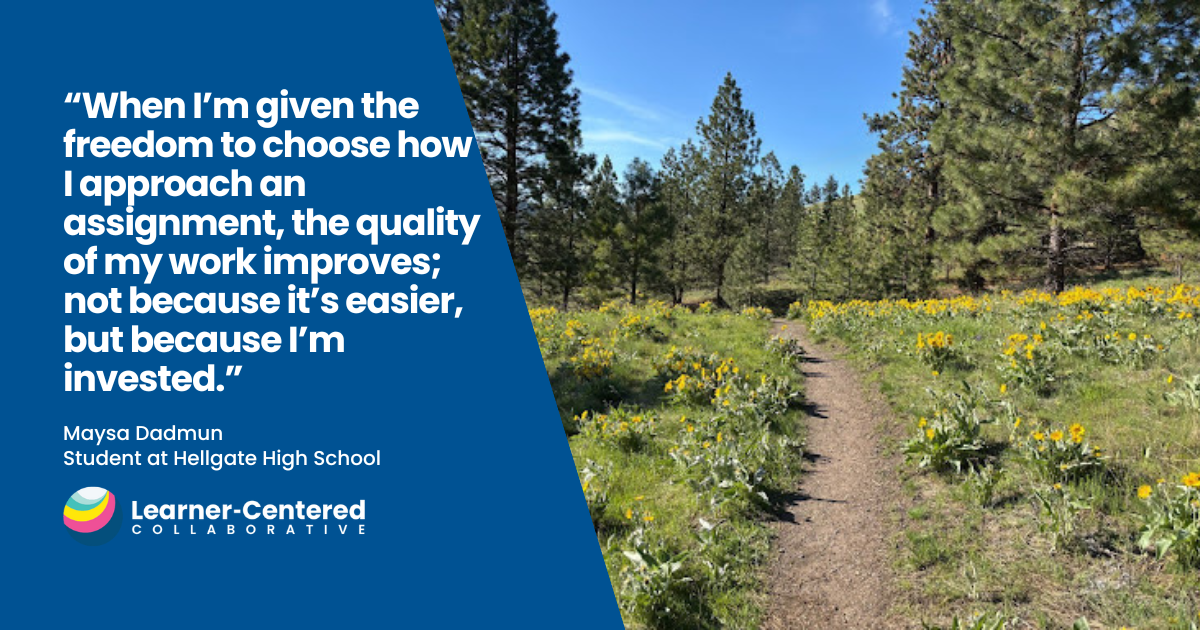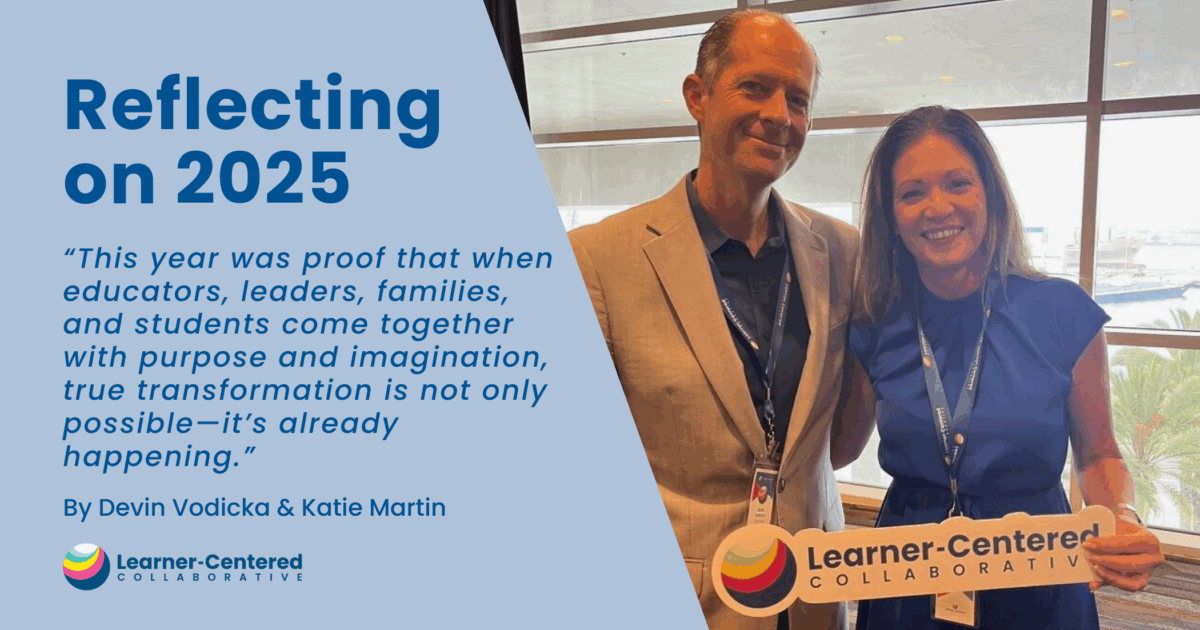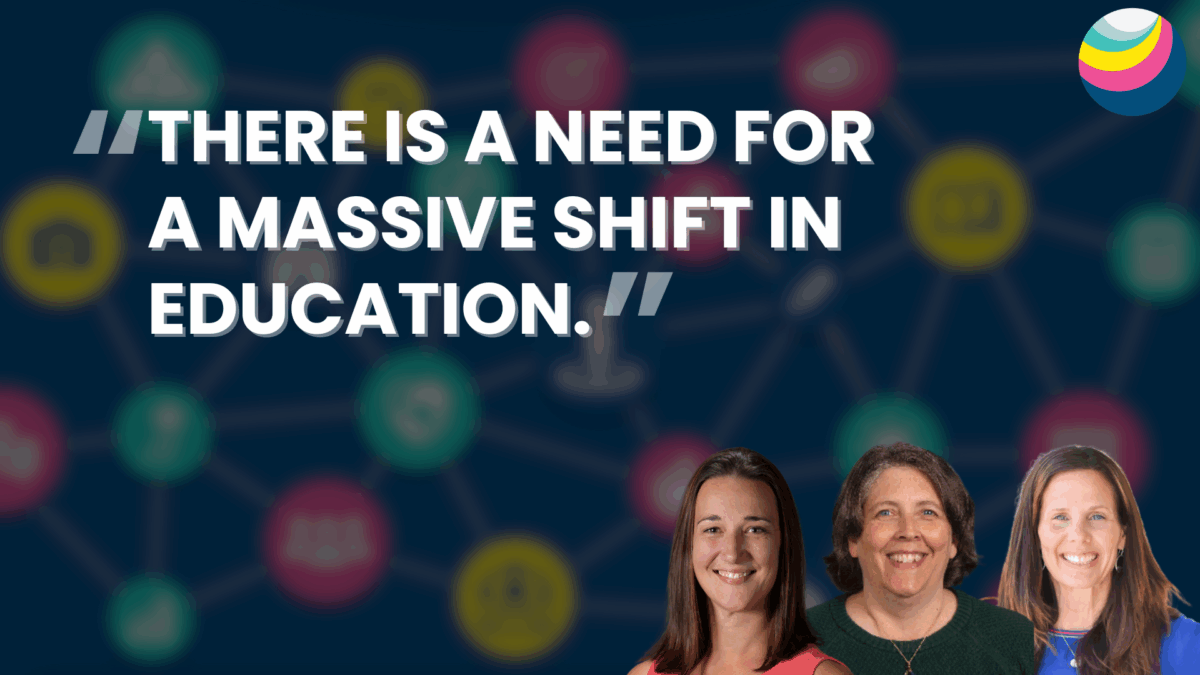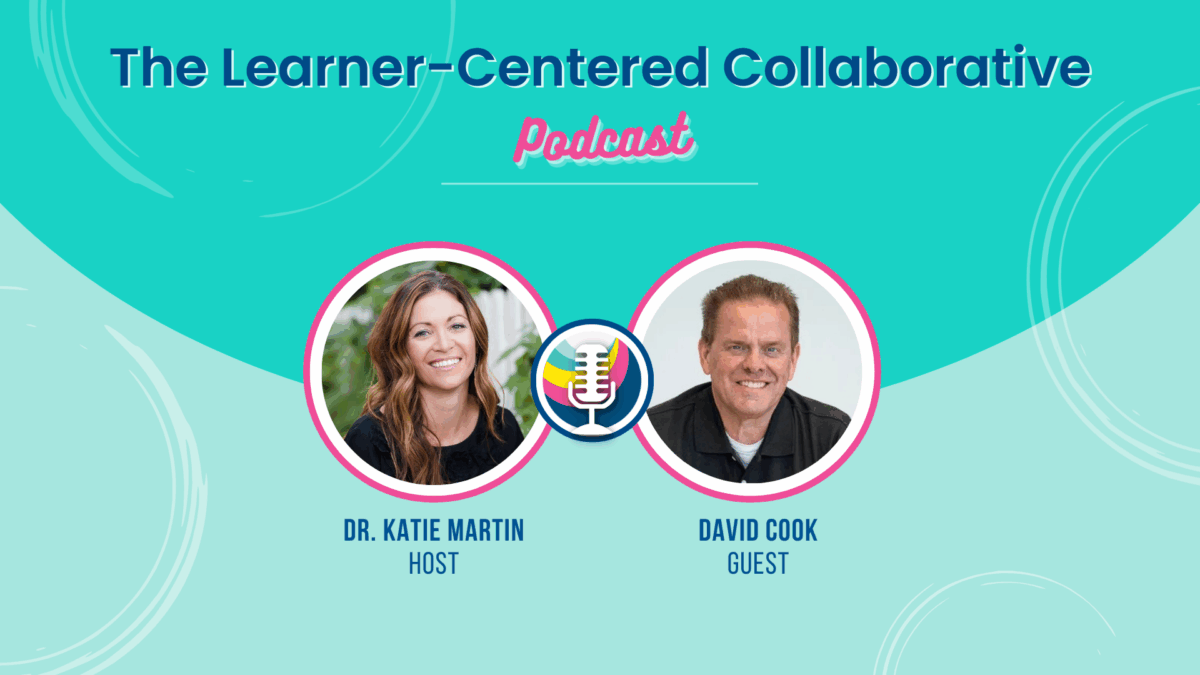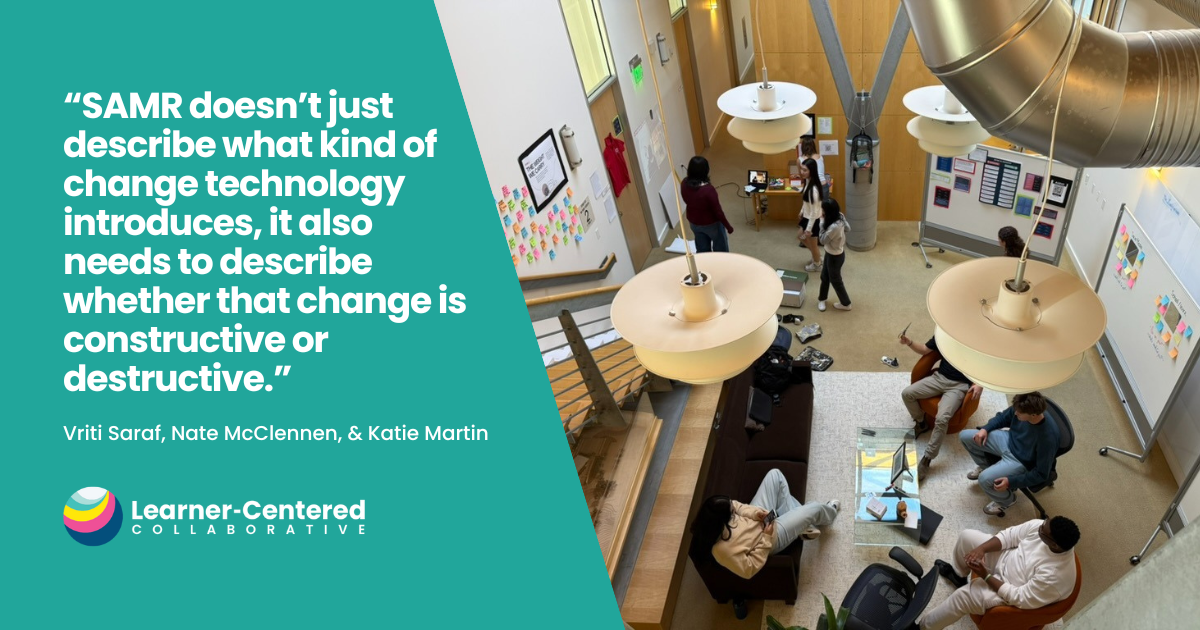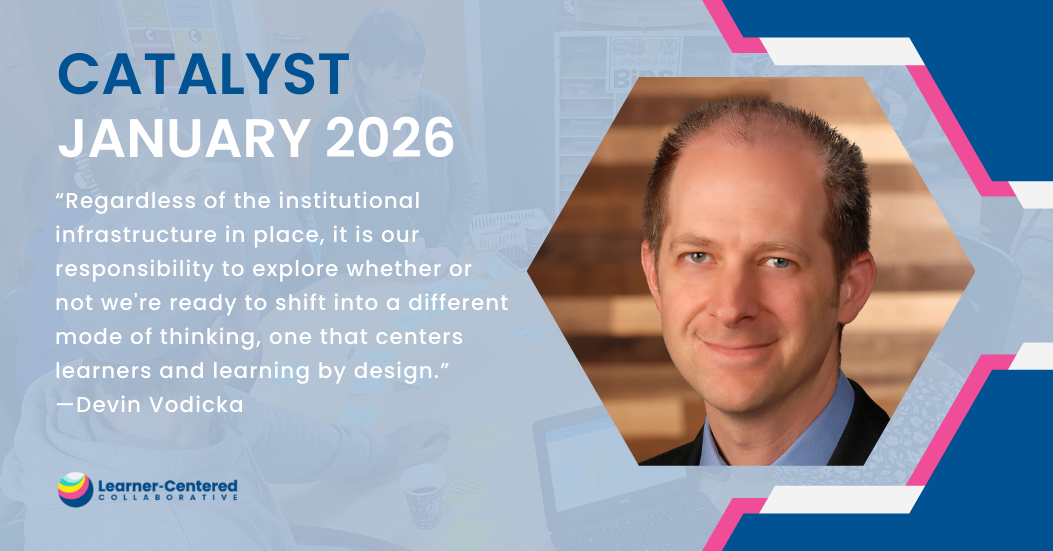Reclaiming Joy at the End of the School Year
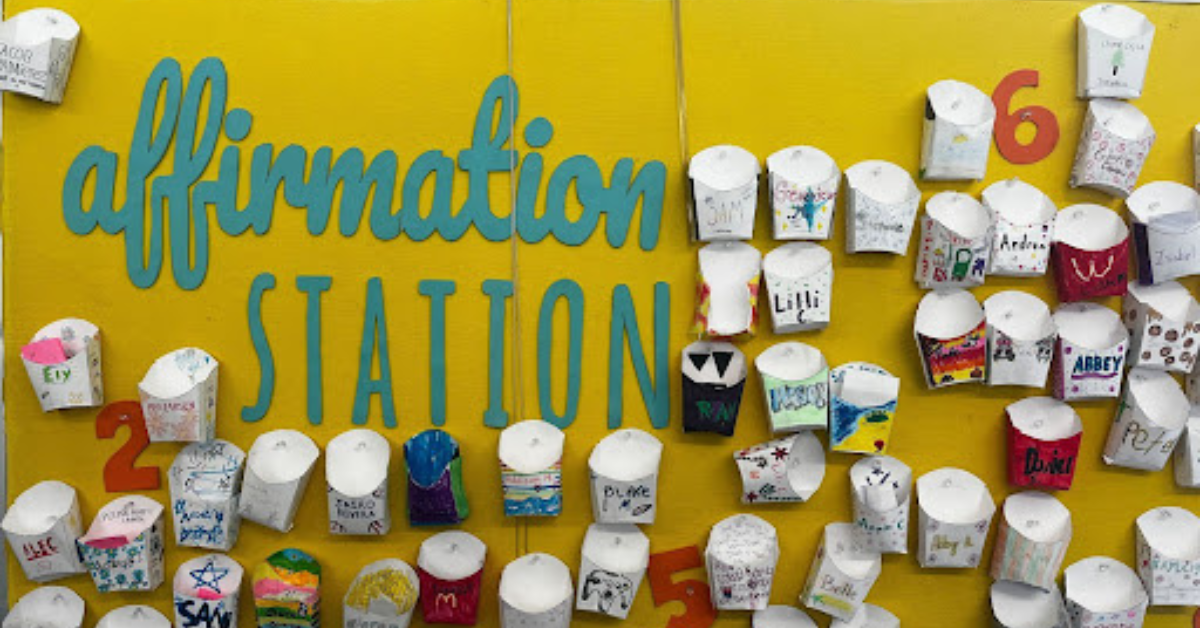
“Joy is the ultimate goal of teaching and learning, not test prep or graduation.”
– Gholdy Muhammad, author, Unearthing Joy
The end of the school year is in plain sight. Maybe you’re feeling elated, maybe you’re feeling overwhelmed or apprehensive, maybe it’s a mix of all these emotions, undoubtedly with some exhaustion mixed in. It may feel like time to focus on just surviving until summer break. According to Psychology Today, surviving is a slog but thriving is joyful. And we all want a little more joy in our lives. What if we try to reclaim our joy and end the year in a learner-centered, thriving way, while still taking care of ourselves, and our students, as humans?
Keep Building Community with Learners
Keep building community and focusing on wellbeing and connectedness. A classroom community doesn’t end with the school year. My husband recently attended a zoom reunion of his 4th grade class that his teacher organized. Listening to their virtual gathering it was clear that their teacher had built a community so strong that over 20 years later the students joined together from across the world to reminisce and connect again. Don’t underestimate the power of the community you are building in your classroom.
Another reason to keep nurturing your classroom community is that social-emotional learning is just as important, if not more so, at the end of the year as it is at the beginning. Students are exhausted. They may feel stress as finals, graduation, state testing, sports championships, and award ceremonies are happening all at the same time. They may feel excited about their summer plans or they may have a lot of anxiety about summer around the corner. These emotions can be supported and better regulated through classroom activities such as regular check-ins, team building activities and games.
Daily check-ins with learners can go a long way and have a lasting impact. Browse our check-in ideas that range from fun, silly, to thought-provoking.
Celebrate the Strengths of Every Learner
Award ceremonies at the end of the year can invite a sense of excitement or dread depending on whether you are a recipient or not. They can also be a lot of work to plan. You ultimately know what’s best for your learning community and if you have a good thing going, keep it up. However, below are some low-lift, inclusive ways to celebrate the strengths of every learner in your classroom as you end the year.
- Set up a kudos or affirmation board and provide time for students to thank each other and write nice messages to each other (see photo above).
- Have learners create paper plate awards for each other where they share their favorite things about each other.
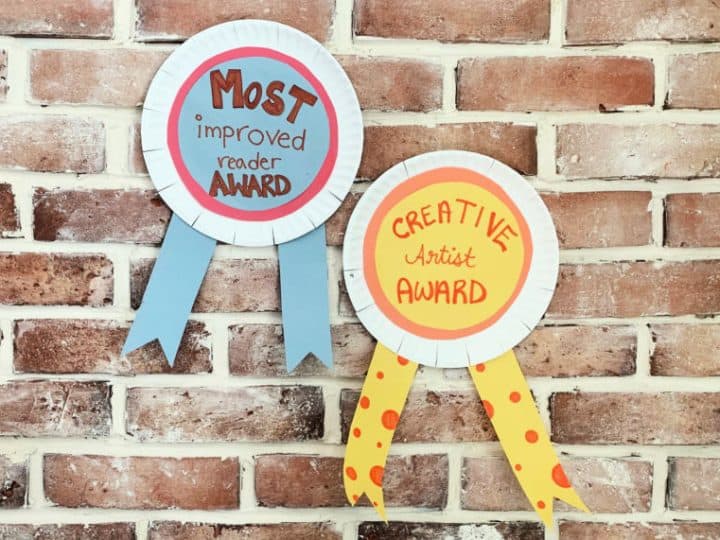
This will not only keep building community, but also give students the opportunity to be celebrated individually for their unique strengths, whether those translate into a school award or not.
Browse our Nurture Gratitude Strategies for actionable ways to bring this practice into your classroom.
Create an Authentic Application of Learning
When I was in the eleventh grade taking AP Calculus, we took the exam in early May and had about 6 weeks of school left. We had spent the entire year in lectures and practicing math problems to prepare us for the test. Finally, at the end of the year we were given a project. We were supposed to take a math concept and show it in a real world application. I chose parallel parking and used geometry to become a better parallel parker. This authentic application of learning really made me think about and appreciate geometry in a way that the math problems never could. As for my parallel parking, I welcomed the advent of backup cameras and self-parking functionality, as even understanding it from a geometry perspective still had me hitting a lot of traffic cones. Now, reflecting on this as a learner-centered educator I wish my teacher had encouraged authentic application of our learning all along. However, it’s never too late and my experience goes to show that even doing it at the end of the year, when the official curriculum is over, is still a valuable exercise.
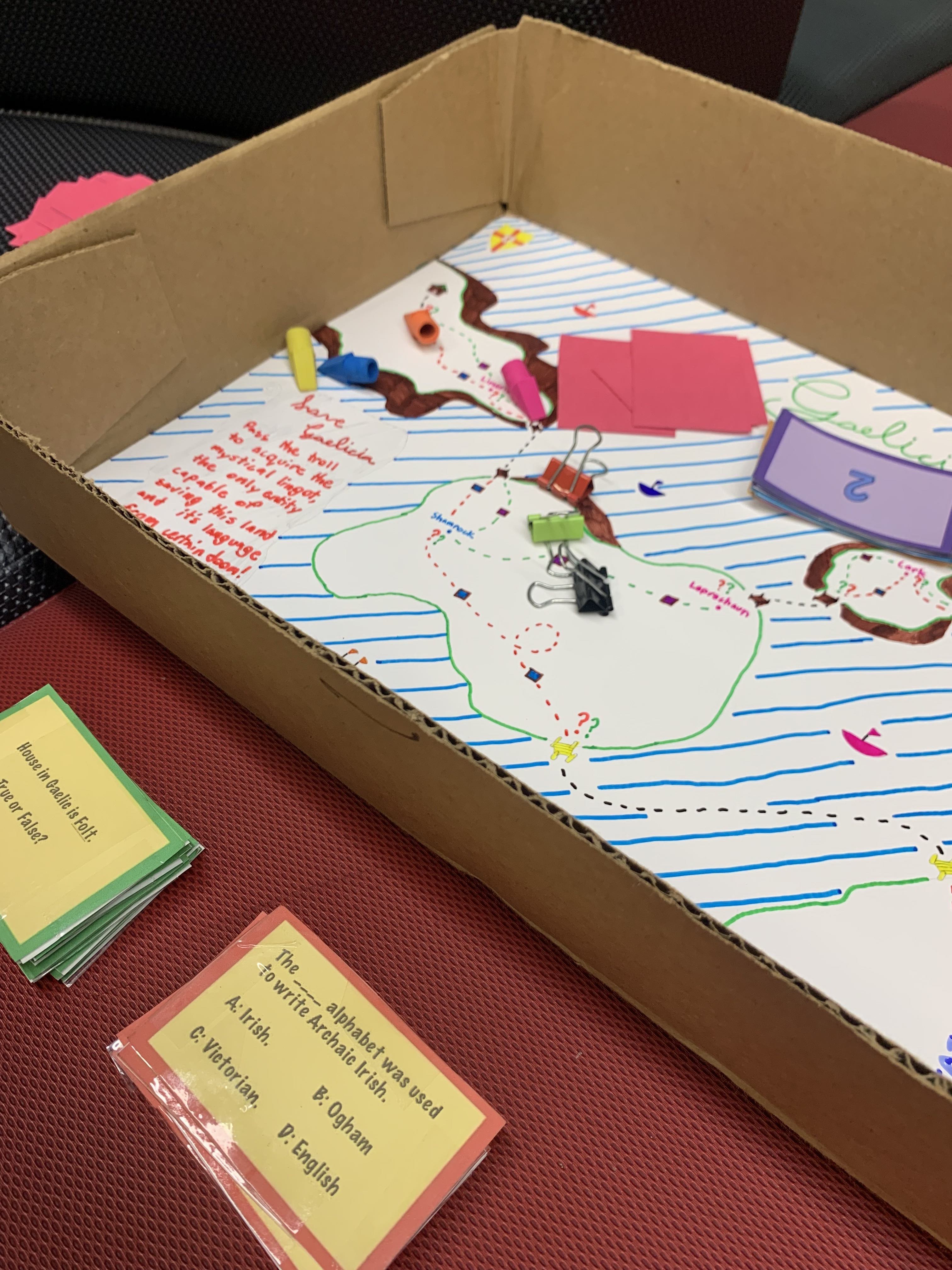
Below are a few ideas to incorporate into an existing authentic learning practice or to get started in a small way during this valuable time of year.
- Have students create a game out of concepts that they learned.
- Host a “cooking class” to show science or math concepts.
- Invite an expert in (virtually or in person) to talk about how they use a certain concept in their job.
- Have students design something that incorporates concepts from the year
- Do some creative writing and mix in art
- Ask students to teach each other something that they are an expert in (like dance, painting, or how to create the best fantasy football team)
These ideas could easily take on a life of their own and create a massive amount of work for you and students. So maybe think small. Have students help you brainstorm ideas. This doesn’t have to be an entire 3 week project but could be something students do for 1-3 class periods or days. Imagine the power of sending students off to summer having just inspired them to use the things they learned in your class in the real world?
Reflect on the Year, Set Goals, and Curate a Portfolio
The end of the school year, just like the end of a calendar year, is a great opportunity for reflection. It’s easy to just put the movies on and have students pass the time in those last few days of school. But imagine if students spent that time reviewing their work from the year and reflecting. What if they left for summer and instead of armed with a pile full of papers that they would just throw away (just search tik tok for students throwing paper in the hallways to see dozens of videos of this), they would be armed with a portfolio of the work they are proud of that they would want to share with others? Students could review their work, answer questions through writing, conversation, or video and curate a portfolio of their work and reflections.
Here are a few questions you could use to help learners reflect:
- What is one thing you are proud of from this year?
- What was something you struggled with this year and how did you work to overcome that struggle?
- How did you grow this year?
- What is something you want to continue working on next year?
- What was your favorite memory from this year with your classmates and teacher?
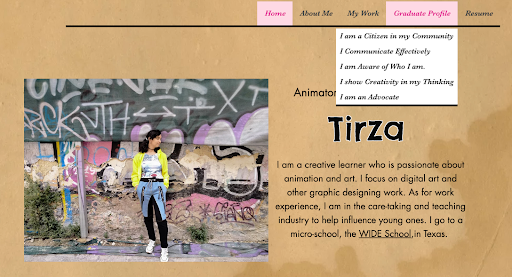
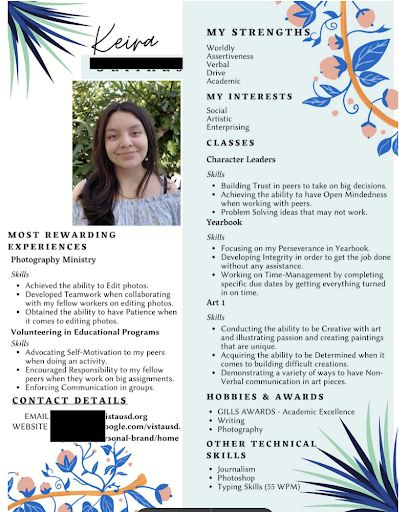
Check out more ideas here from Ditch That Textbook.
Ending the Year with Joy
Maybe one or two of these ideas resonate with you. Again, make sure that as an educator, you are taking care of yourself at the end of the year. Also make sure that you are taking care of the learners in your classroom. They need joy just as much as you do. Finish the year with joy by continuing to build community, celebrate each others’ strengths, create authentic applications of learning and reflect on the successes and challenges of the year. This learner-centered approach to ending the school year will hopefully bring joy to your classroom and leave your students with positive memories to take with them into summer and their next school year.
And after you give yourself a break, if you’re inspired to do some learning this summer, check out our courses launching in July.
